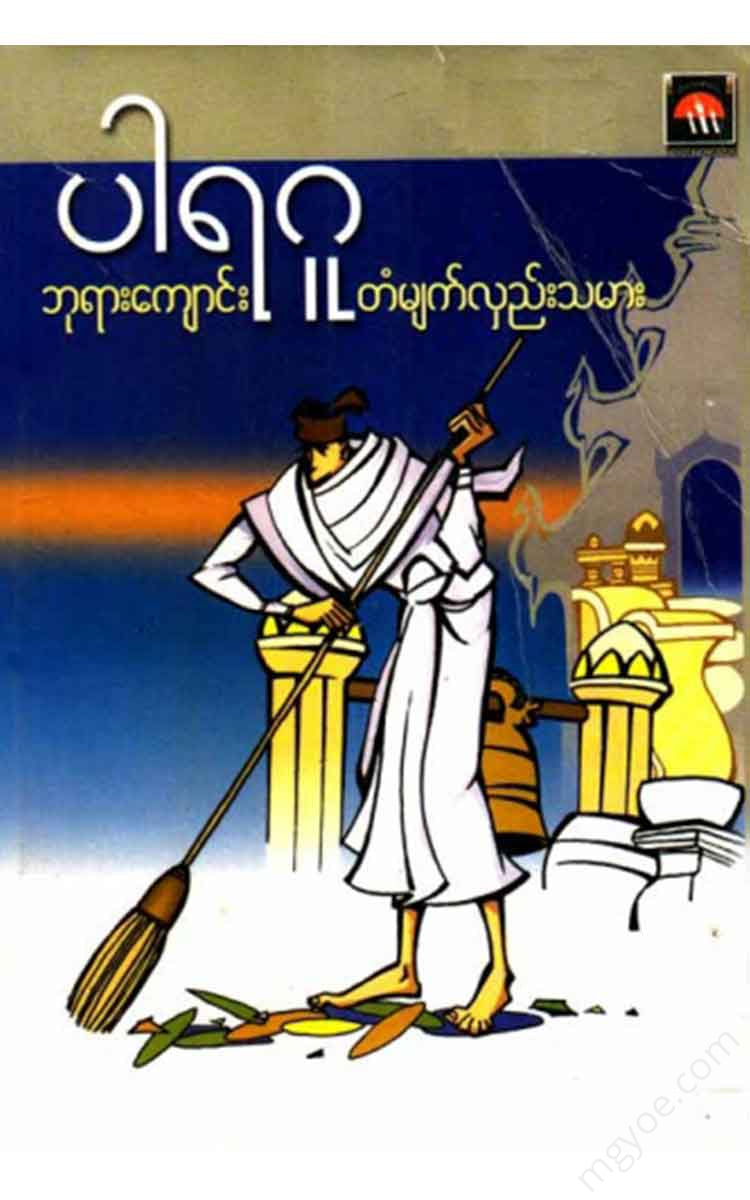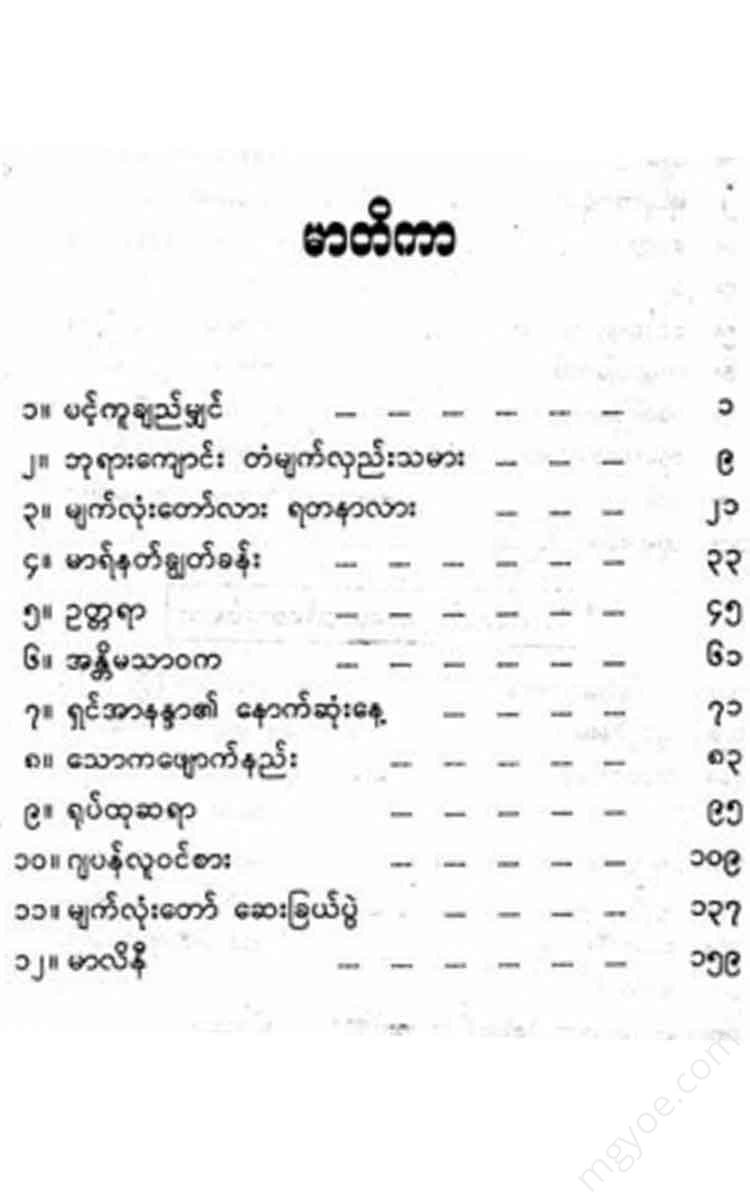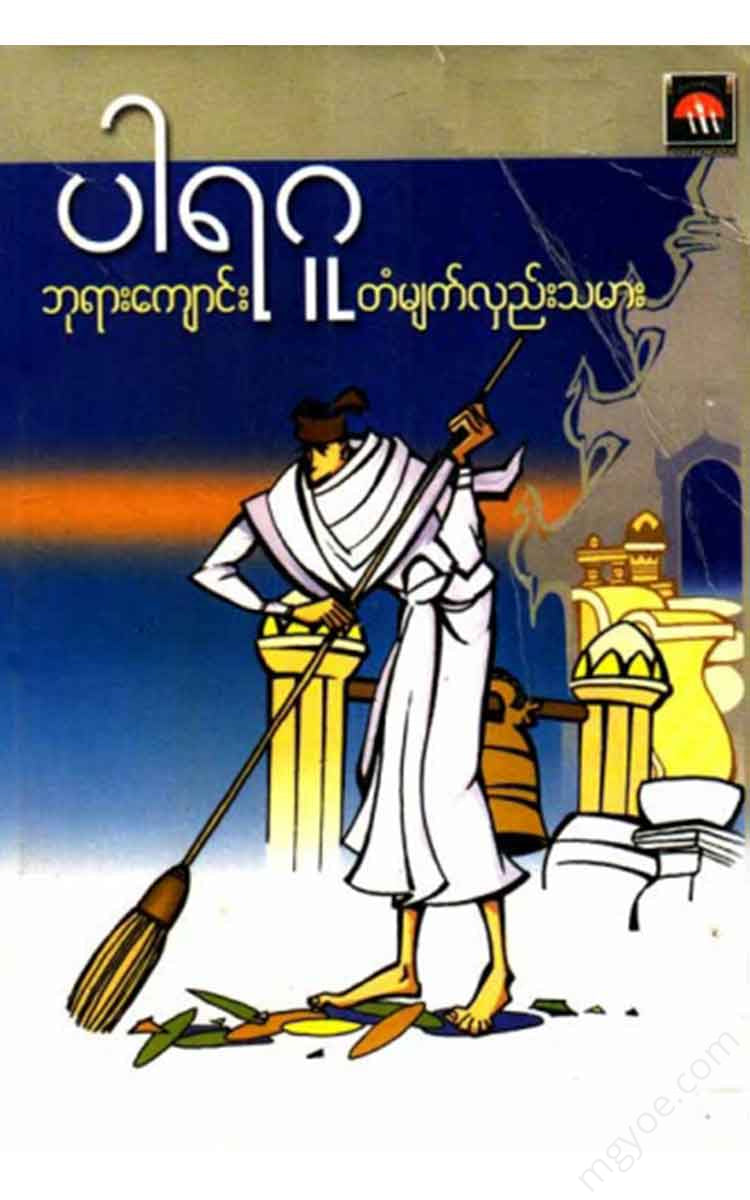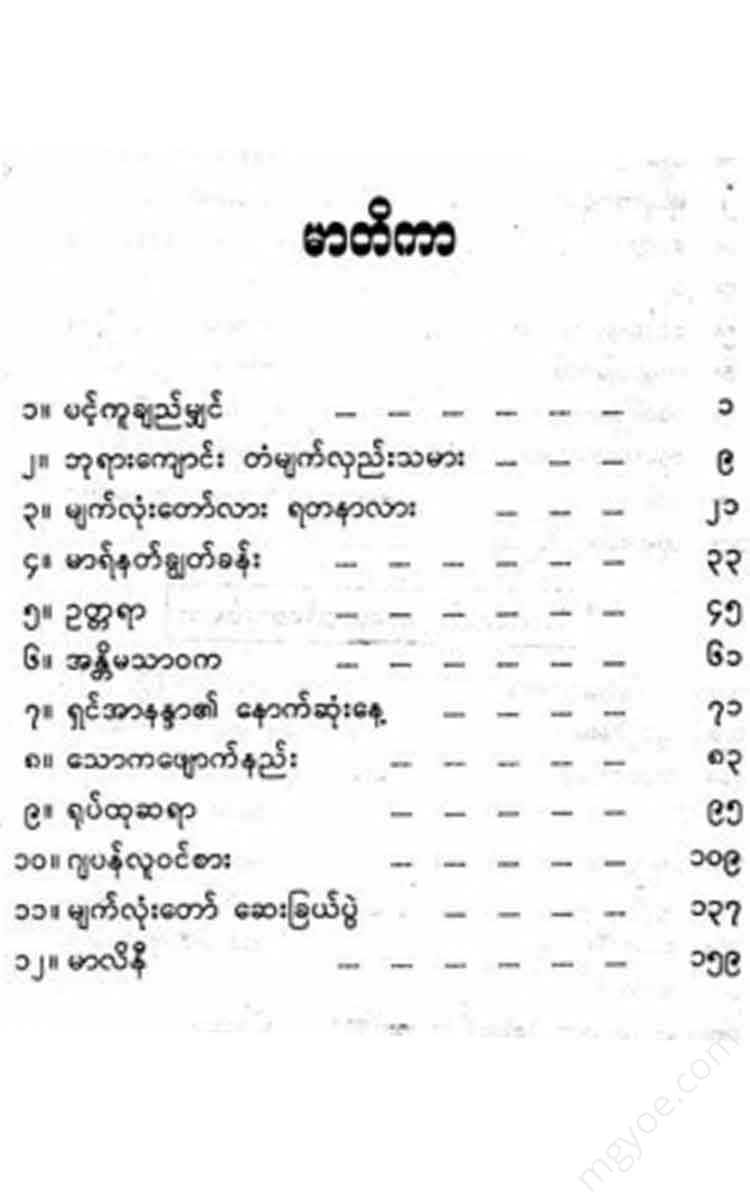Other Websites
Expert - Church bell-carrier
Expert - Church bell-carrier
Couldn't load pickup availability
Spider web
One day, Sakyamuni Buddha was walking along the banks of a lotus pond in the celestial realm.
All the lotus flowers blooming in the pond were pearly white. The lotus flowers had no center, and the golden pollen and stamens filled the air with an indescribable fragrance.
It is morning in the heavenly realm.
After some time, Sakyamuni Buddha stood on the edge of the pond and looked down through the lotus leaves covering the surface of the pond. Then, as if looking through a telescope, he saw the Blood Pond and the Spear Mountain in the distance, piercing the crystal-clear surface of the pond.
Then, Sakyamuni Buddha saw a man named Sakanta, who was writhing and writhing in hell with other hellish beings.
Sangta was a man who had committed many evil deeds, such as murder and burning houses. However, he had also done one good deed. One day, while walking through a deep forest, he saw a small spider crawling on the road.
Sankata raised his foot to trample the spider to death. However, a thought occurred to him, "No matter how small a creature it is, this spider also has life. This spider should not be killed for no reason."
This thought occurred to him, and the spider was spared.
The Buddha, who was looking at the hell, remembered that he had saved the spider Sakya from death. Because of this meritorious deed, the Buddha decided to rescue Sakya from hell if possible. When he looked around, he saw a spider from the heavenly world weaving a beautiful silver thread on jade-colored lotus leaves.
The Buddha, having gently held the spider's thread in his hand, threw it down to the bottom of hell, which was located a hundred thousand feet below, among the white lotus flowers that were blooming like pearls.
In the pool of blood in hell, Sangta is floating along with other victims of hell.
In the dark and gloomy surroundings, the objects that seemed to emerge from the darkness from time to time were the terrifying spears, which were constantly visible, making the scene even more terrifying and frightening. What was worse, the surrounding area was as quiet as a cemetery, no matter where you looked. The only sound that came out was the indistinct groans of those in hell.
This kind of groaning is because those in hell are so exhausted from all the torments of hell that they no longer have the strength to cry out.
Therefore, even the big one, the sector, is writhing like a dying frog, drowning in a pool of blood.
But one day, when Sankata raised his head and looked up at the sky above the blood pool, as if terrified by the gaze of mortals, he saw in the silent darkness a spider's thread, a hand's breadth away, descending towards him from the distant heavens above.
When the spider saw the spider's thread, it was so beautiful that it carelessly and carelessly made a knot. If the spider pulled the thread and slowly climbed up, it would really be possible to escape from hell.
Not only that, but if it goes well, Sankata might even be able to enter the realm of the gods. After that, he would never have to fall back onto the spear mountain or into the pool of blood again.
Having made this decision, Sakanta did not hesitate any longer, but grasped the thread tightly with both hands and climbed up.
Being a big Dhamma person, Sankata is a person who has a good habit of pulling the rope like this and climbing up.
However, hell and heaven are hundreds of millions of miles apart, so no matter how fast it is, it is impossible for a person to easily climb to heaven. After climbing for a while, a person becomes exhausted and is no longer able to climb another mile.
Not knowing what to do next, Sakanta decided to rest for a while, so he leaned against the thread and looked down.
He struggled up, straining all his strength, and a moment later the pool of blood he had been floating in was hidden in the darkness below. Moreover, the terrifying mountain of spears that had been lying dormant was below him. If he continued to climb at this rate, he would be able to escape hell more easily than he had expected.
With both hands wrapped in thread, Sankata shouted, "Man, man!" and laughed in a voice he had never heard in many years since he had descended into hell.
However, at the other end of the spider's web below, he saw countless hell-bound people, like a large swarm of ants, following him, unable to control themselves.
When the scene was witnessed, the monk was so shocked that his mouth was agape and his eyes were wide open.
This thin thread can break under the weight of just one person. Now where can it hold the weight of all the people?
If this thread were to break accidentally in the middle of the path, then even the one who has labored and suffered to reach this high place would fall back to hell. If this happens, he would suffer great suffering.
During that time, hundreds, even thousands, of hell-bent people were drowning in a deep pool of blood.
They slowly emerged from the bottom, grasping the tiny thread that was slowly emerging, and they climbed up in a long line. If he hadn't stopped them in time, the thread would have snapped in two and all the demons would have tumbled down with him.
So the branch shouted, "Hey, you devils, this spider web is my property. With whose permission are you coming up and down? Get down, get down, everyone."
What could the sector do? Before he could even scream, he was thrown into the air, spinning like a jinn, and falling headlong into the darkness.
Then, in the celestial realm, only a single, thin, faintly colored spider's thread floated in the middle of the moonless, starless sky.
Standing on the edge of the lotus pond in the celestial realm, the Buddha watched this event without moving. When he saw the body sinking into the pool of blood like a stone thrown into the water, the Buddha walked away in sorrow.
The heartless, selfish heart of a person who wanted to be the only one to escape from hell, and the punishment for this attitude and the subsequent fall back into hell, were events that were pitiful in the Buddha's eyes.
"However, the lotus flowers blooming in the lotus pond of the celestial realm do not care at all about these matters."
White lotus flowers, resembling pearls, swayed their petals at the feet of the Buddha. As they swayed, a unique floral fragrance, emanating from the golden pollen grains in the center, spread throughout the surroundings.
Church, sweeper
The temple, perched on a steep rocky face of the Himalayas, so high and so quiet, seemed to be calm and serene, and to be a place of meditation. Inside the temple, the seven golden Buddhas, who have already come to this world as guides to the seven realms and seven worlds of beings, seemed to be watching with reverence.
For centuries, countless pilgrims from China, Tibet, and the far reaches of India have come there to seek inner peace, to cultivate meditation, and to connect personally with the Great Man through prayer and devotion.
Pilgrims do not pay homage to the seven Buddhas individually. They do not pay homage to the seven Buddha images individually. Pilgrims show their full gratitude to the seven Buddhas. Because they know the beauty of the lives and great compassion of these great men. Pilgrims pay homage to the seven Buddha images. Because they know that any image made with sincerity and devotion can serve as a means of attaining peace of mind and that it has great attraction and can open the way for the invisible forces of the higher realms.
However, for many years now, a disturbing influence has gripped the temple. Despite its simple beauty, its constant nightly "help" from the stars, its powerful influence emanating from the seven Buddha statues, its environment filled with millions of prayers and meditation, the temple no longer offers its former peace to its devotees.
The lamas of the monastery were in great distress. They had used all their strength and religious rituals to repel the evil influence that had dared to invade their temple, but it was in vain. From dawn to dusk, they chanted mantras and chanted sacred songs, but they could not find any way out. The abbot of the monastery appealed to the powerful lamas from afar for help. However, even the powerful lamas were powerless to dispel the shadow of night that had fallen on the temple.
Finally, having lost hope, the lamas, realizing the seriousness of the responsibility of destroying the sacred place, decided to build another temple in the city. In order to build such a new temple, they themselves would have to cut and bring new stone slabs. They also decided that the new temple would not be built without the robes of the monks, nor would they ever touch it with their hands.
Before implementing this final decision, they also decided to perform a final religious ritual to purify the temple on the full moon day of Kason. The lamas hoped that on this auspicious day, the full moon day of Kason, a great and noble force would come to this world and help them. This force would truly restore inner peace in the temple.
Among those who do the hard work for the lama school is an old man from the mountains. The old man has spent his whole life doing a very difficult job for the lamas. The old man's job is to chop wood and carry it on his back up the steep rocky mountain path to the lama school. The old man has been doing this job without fail even in the bitter cold of the Himalayan winter, even now that he is getting old, his knees are weak, and his lungs and heart are failing.
One day, the old man, having exhausted his last strength, was carrying a large bundle of firewood down a steep rocky mountain. The monk who was sitting in the lama monastery saw the old man limping. He quickly went to the old man, took the bundle of firewood, which was covered with thorns, and carried it down the steep rocky mountain path to the lama monastery.
When they reached the top of the mountain, the old man from the mountain fell at the feet of the monk who was sitting in the lama monastery. The disciple said, "I am in the midst of many lives."
He wanted to carry a bundle of wood on his back to "Maha Bho" and begged to be allowed to continue his work until he fell to the ground.
The Lama said, "You cannot do as you please, Venerable. When a person is no longer able to do a certain task, there is always something else to do for him. From today on, you should do what you can for the Buddha who is in the monastery, Venerable."
From that day on, the old man from the mountains who carried firewood became a temple sweeper. His devotion to charity grew deeper and deeper.
Years passed. The temple sweeper grew older and older, and his size diminished. Now the broom seemed as heavy as the bundle of firewood he had carried on his back in his youth. The distance between the lama monastery and the temple, which was only a few hundred steps, seemed like a mile. Behind the artistically carved stone throne on which the gilded statue of Gautama sat, the temple sweeper saw a gaping crack between the stone slab and the wall. He could not get his broom through the gap. The temple sweeper stretched his back with all his strength, shook his limp body, and thrust in his trembling arm, trying to remove the dirt stuck between the gaping stone slabs. However, no matter how hard he tried, his hand could not reach the garbage.
The temple sweeper was in a state of despair because he could not remove the garbage. Many times, after cleaning the temple until not a speck of dust remained, the temple sweeper became restless when he noticed the garbage in the crack of the stone slab behind the altar. His old, wrinkled hands were the ones who had been given the honor of cleaning the temple until not a single speck of dirt remained. However, there was dust in the crack of the stone slab. The temple sweeper tried again and again. However, his weak and weak body would not comply with his wishes.
Having no other choice, the temple sweeper, not knowing how to make grand prayers, simply prayed with a pure heart, “Please do not look down on me to see that my temple cleaning work is successful.” The monks never approach a person until he is capable of doing so. However, when that person’s last attempt fails, the monks do not look away.
There was a moment of silence. The church sweeper was still crouching.
Then, from the valley below the mountain and from the peaks on all sides, a soft, low
The old mountain man, who heard the sound, immediately recognized it as the strong mountain wind rising rapidly up the Himalayan valley.
The storm was approaching. It was blowing in two directions from both sides of the mountain, and it was blowing in a gust. However, the force of the wind did not penetrate the temple through the open doors and windows.
The temple sweeper was waiting. The red wind was raging. The temple walls, built of large, uncut stones, seemed to tremble in the strong wind.





